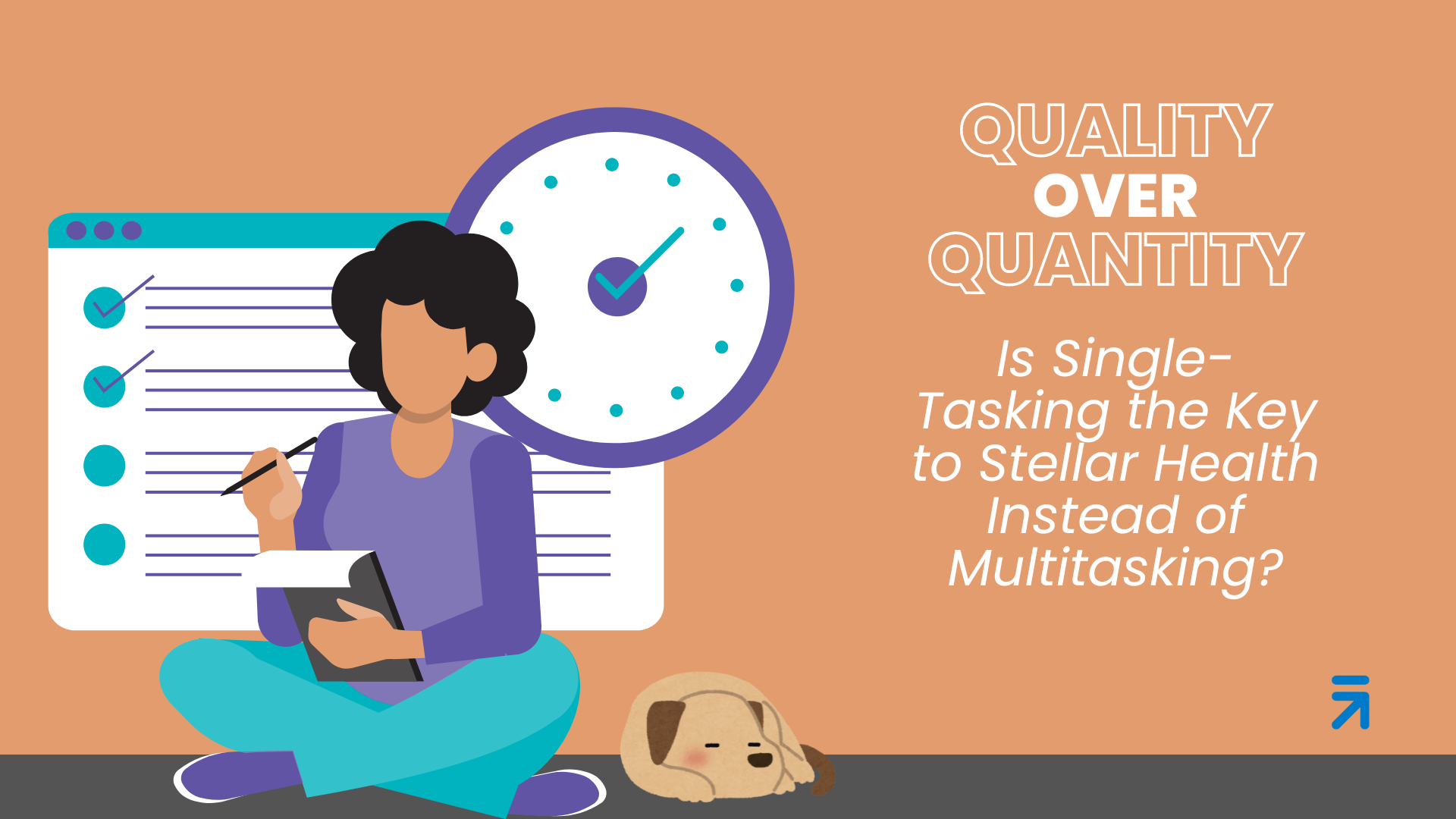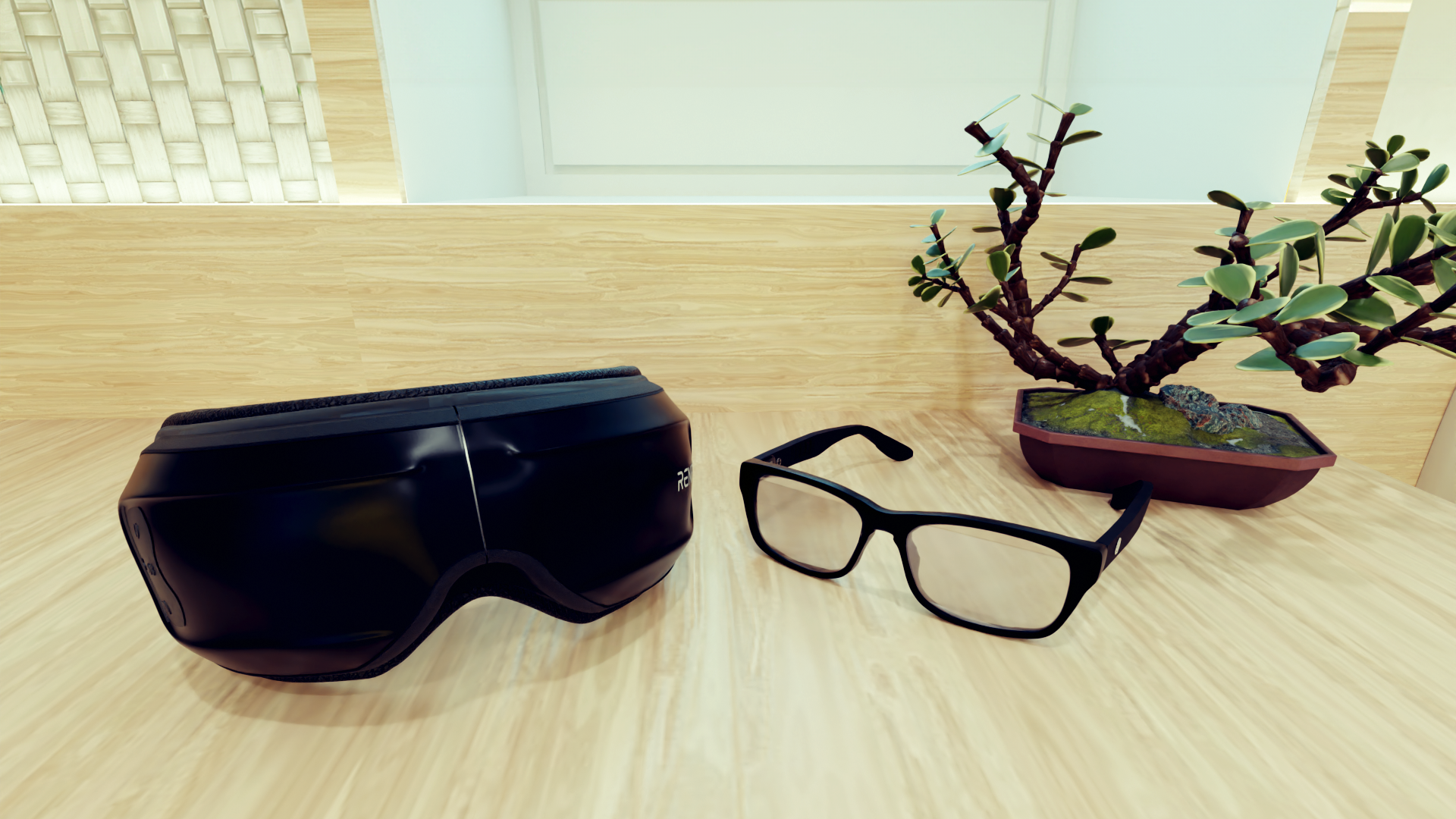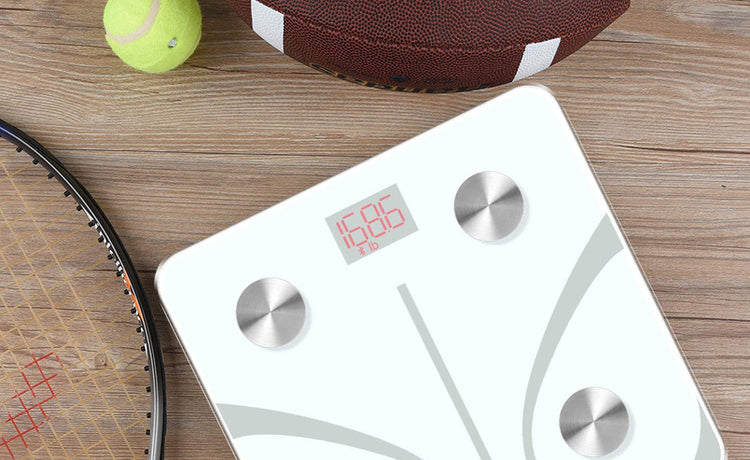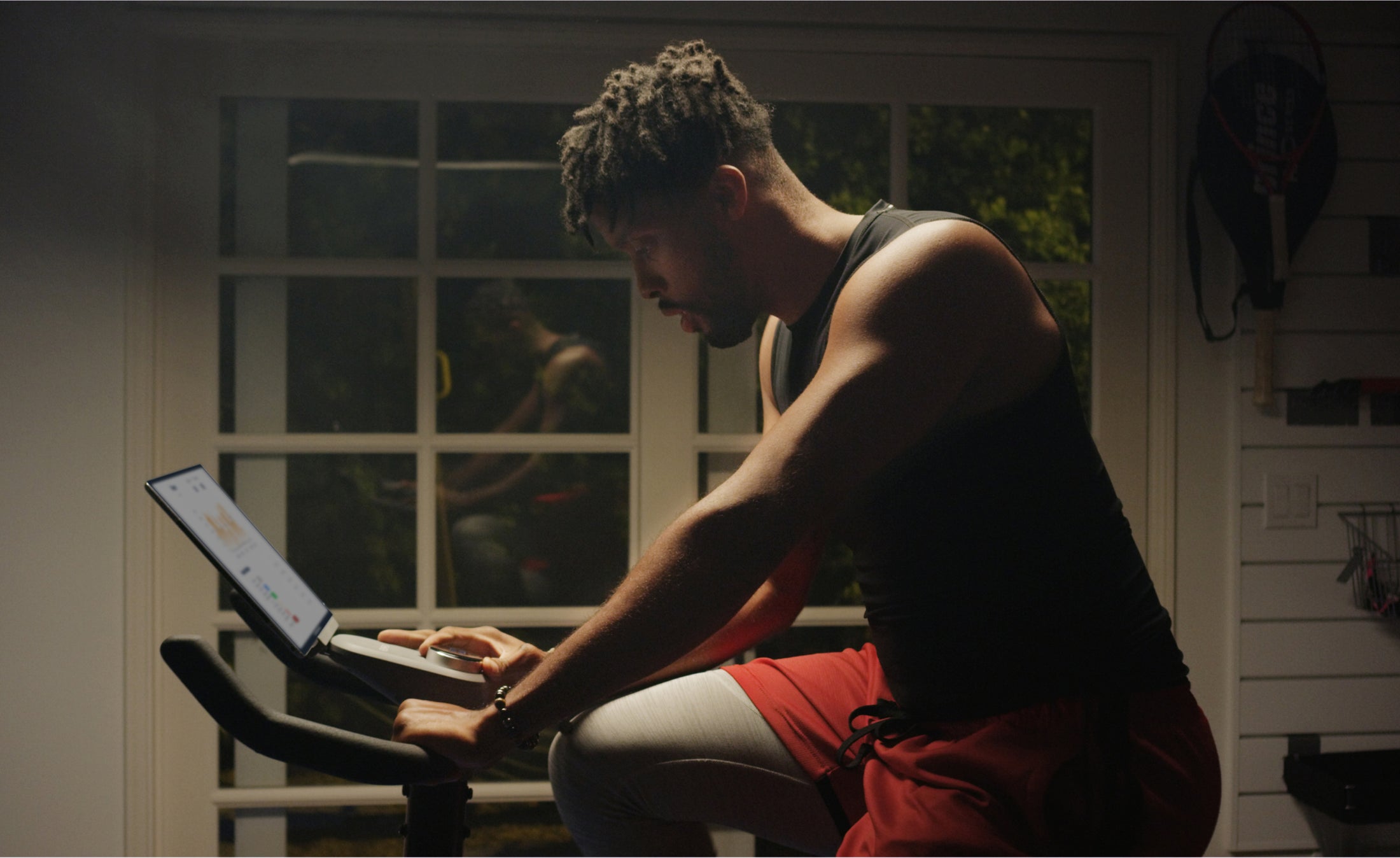Relieve the Growing Pressure: Restoring Health With Good Sleep

Stay tuned to our latest news
“Embrace Your Pace” is more than just a phrase; it is a philosophy for individuals who march to the beat of their own drum. As the seasons transition from the fresh blossoms of April to the sunlit days of June, this ongoing RENPHO series will help to highlight the myriad ways one can embrace a life lived at their own pace.
The hustle culture has become common or normal for this generation of working youth. We are becoming busier and busier, as we work our way through our goals and dreams. Often, we fail to recognize the importance of adequate rest in our pursuit of a better life.
Amidst all of this, it is also important to embrace our own pace and prioritize our own health above all else, despite societal pressures. What better way to restore and maintain our health than by having quality sleep?
We've always been told to get at least 8 hours of sleep to maintain our mental focus and memory, manage our stress, boost our immune system, and prevent illnesses. The Sleep Foundation states that healthy adults need at least 7 hours of sleep, with infants, young children, and teenagers getting more sleep to support their development. If we invest in good sleep, we could effectively prevent or reduce the negative effects of the hustle culture, resulting in better overall health.
The Science of Sleep and Health

With the prevalence of this culture, sleep is often said to be a luxury - something those who keep working or "hustling" aren't capable of having completely. However, it's the complete opposite: sleep is a necessity.
Premier Medical Group says that while people think they are only sleeping, this is the only time the body could work to renew itself. Sleep deprivation interferes the formation of pathways between our brain's nerve cells (neurons) that enable absorption of new information.
Numerous studies have also shown that our brains clear out toxins, including β-amyloid involved in Alzheimer's disease, faster when we're asleep as opposed to when we're awake. Without appropriate rest, these toxins can build up over time and result in the development of chronic illnesses.
Sleep deprivation is estimated to affect around 50 to 70 million adults in the United States, with some experiencing it as a long-lasting or greater issue. It comes with various negative consequences such as:
- Heart problems: People who don't get enough sleep could have long-term damaging issues to their heart and overall circulatory health, and are more likely to have hypertension and high cholesterol.
- Diabetes: Without adequate sleep, the body is susceptible to cardiometabolic conditions such as obesity and diabetes.
- Mental impairment: An individual could become less alert, have slower reaction times, and fail to develop their logical reasoning. This could happen immediately after one night of short sleep, and could potentially last longer if the person continues to not sleep as required.
- Tiredness: Sleep deprivation could be very dangerous, as it enables a person to experience a microsleep, which involves unplanned periods of sleep - often lasting for only a few seconds. This is especially harmful for those who might experience it while driving or walking to work.
Although it is rare for people to die directly from inadequate sleep, chronic sleep deprivation may become life-threatening in the long run if continuously experienced.
Embracing Your Pace for Better Sleep

As we maximize our time with crammed activities daily, we have become so used to a fast lifestyle - running fast, multitasking, struggling to keep still. The hustle culture has ingrained in our mindset that we need that adrenaline to feel energized and productive, that it is the fuel to reaping the benefits of the hustle.
However, it is not bad to reflect and slow down, especially for our mind and body. Slowing down allows us to unwind and get better sleep. How do we slow down when we're so used to "living" fast?
- Go on a quiet walk: Quiet meaning turning off your music or podcast and taking in your own thoughts while you go on a mindful walk. Learn to enjoy your own thoughts and practice daydreaming.
- Try journaling: You could do this while at work or when you're free. Write out what you're feeling and why you feel it's important for you. Jotting down your thoughts could help reframe your stressed or busy mind, as well as better connect with yourself mentally and emotionally.
- Enjoy a warm bath: Not only does heat therapy relax tight muscles and joints, but it also improves sleep quality and helps you fall asleep quicker. Go for at least a 10-minute soak an hour or two before going to sleep to maximize its effects.
- Set a sleep schedule: Setting a schedule means staying consistent with it. Go to bed and wake up at the same hour each day to regulate your body clock or circadian rhythm.
Practical Tips for Good Sleep

The important of good sleep cannot be stressed enough when it comes to restoring and maintaining health and well-being. Not only does it enhance our cognitive function and mood regulation, but it also improves our physical performance and state of mind.
- Create a relaxing sleep environment: Make your bedroom a peaceful and comfortable space. Maintain a cool temperature, limit noise and distractions, and invest in a supportive mattress and pillows.
- Practice relaxation techniques: Before bedtime, engage in activities that promote relaxation, such as reading, meditating, or taking a warm bath. Avoid stimulating activities like intense exercise or using electronic devices.
- Limit caffeine and alcohol intake: Both caffeine and alcohol can disrupt your sleep patterns. Avoid consuming them close to bedtime to promote better quality sleep.
- Manage stress levels: High stress can interfere with sleep. Incorporate stress-reducing techniques into your daily routine, such as exercise, mindfulness, or journaling.
Renpho Health Tips
-

Quality over Quantity: Is Single-Tasking the Key to Stellar Health Instead of Multitasking?
June 18, 2024
Read more >
-

Making the Process Smoother: Embracing the Journey of Slow Fitness
June 23, 2024
Read more >
-

Hold Back on the Bite: Finding Balance in Mindful Eating
June 24, 2024
Read more >
-

Turn Down the Brightness: Digital Detoxification for Inner Peace
June 25, 2024
Read more >
-

Goodbye, Blurry Vision: How Regular Eye Massage Can Help Manage Astigmatism
June 26, 2024
Read more >




